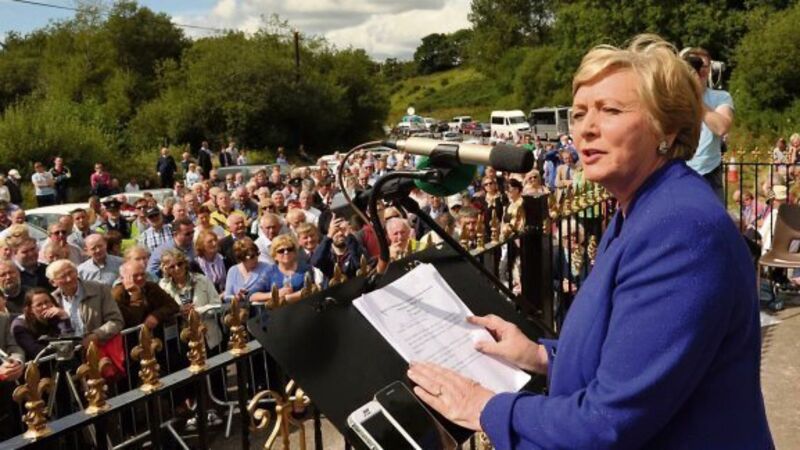Fitzgerald: Violent protest is never virtuous

Ms Fitzgerald, who delivered the keynote oration, stressed that violent protest does not achieve its aims and is not a virtuous course of action.
“We must challenge the misuse of our flag, as if it belonged to a group who use it as a symbol of violence.













